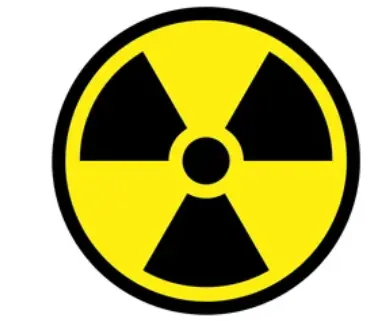 Welcome
Welcome
“May all be happy, may all be healed, may all be at peace and may no one ever suffer."
- A
- B
- C
- D
- E
- F
- G
- H
- I
- J
- K
- L
- M
- N
- O
- P
- Q
- R
- S
- T
- U
- V
- W
- X
- Y
- Z
Hodgkins lymphoma - Generics
Hodgkin's lymphoma, also known as Hodgkin lymphoma or HL, is a type of cancer that affects the lymphatic system, which is a part of the immune system. It is characterized by the presence of abnormal cells called Reed-Sternberg cells in the lymph nodes, which are usually found in the neck, armpits, or groin.
The cause of Hodgkin's lymphoma is not yet known, but it is thought to be related to a combination of genetic and environmental factors. Symptoms of Hodgkin's lymphoma include enlarged lymph nodes, fever, night sweats, weight loss, and fatigue.
The diagnosis of Hodgkin's lymphoma is usually made through a combination of physical examination, blood tests, imaging tests such as CT or PET scans, and a biopsy of the affected lymph node. Treatment for Hodgkin's lymphoma usually involves a combination of chemotherapy, radiation therapy, and sometimes stem cell transplantation.
Overall, Hodgkin's lymphoma has a relatively high cure rate, with up to 90% of patients achieving long-term remission. However, the prognosis can vary depending on several factors, including the stage of the cancer, the age of the patient, and the presence of other medical conditions.

Gastro-oesophageal reflux...

Hepatic amoebiasis

Diabetes mellitus

Radiation emergency

Bladder spasms

Phobias

Herpes simplex keratitis

Acidosis
Hodgkins lymphoma, হজকিনের লিম্ফোমা
To be happy, beautiful, healthy, wealthy, hale and long-lived stay with DM3S.